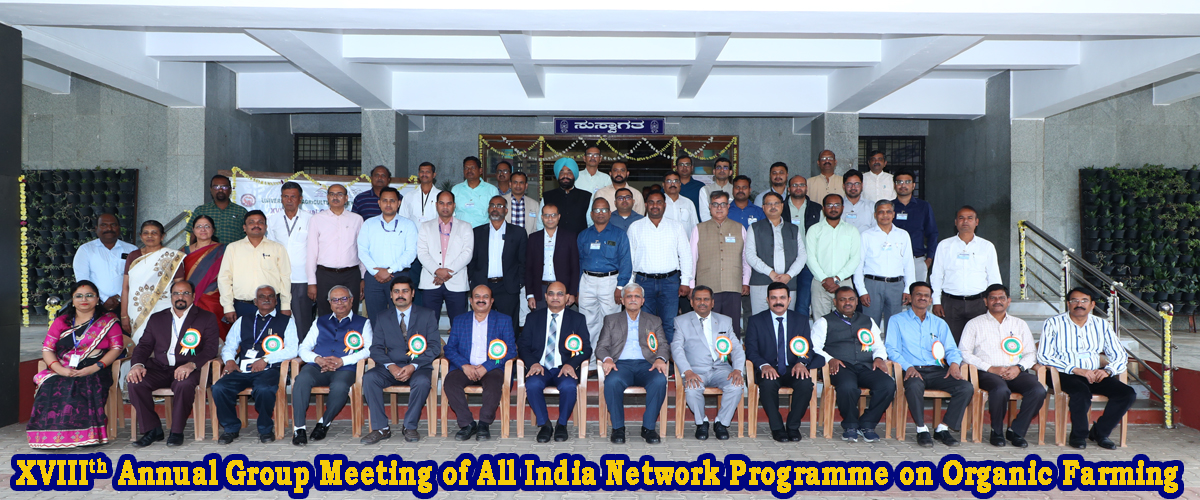
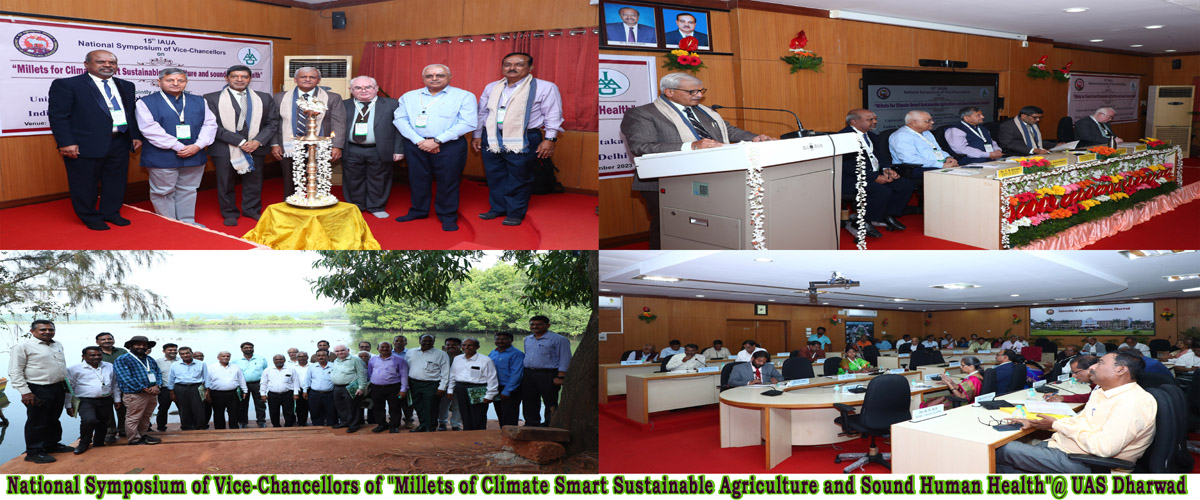
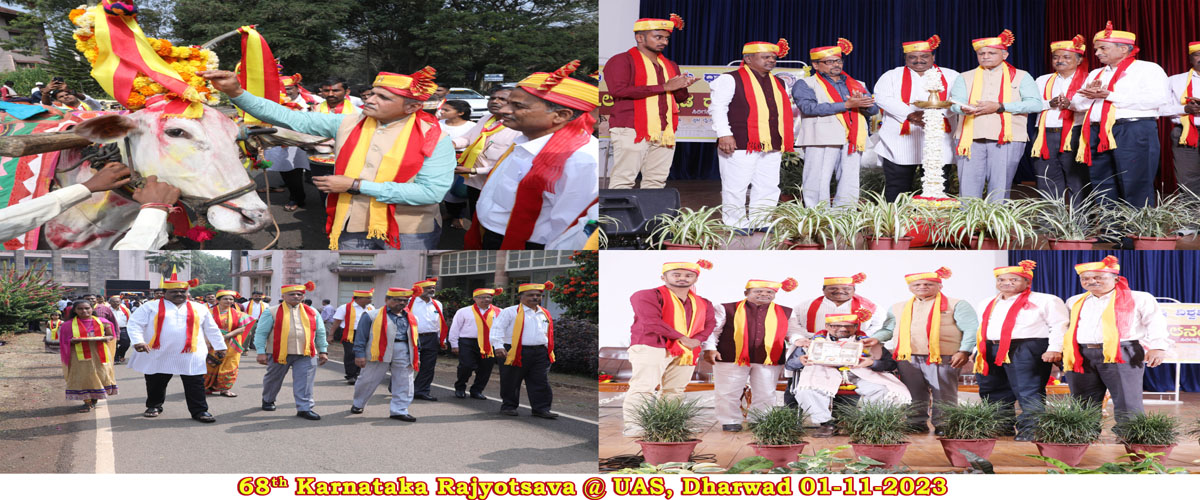

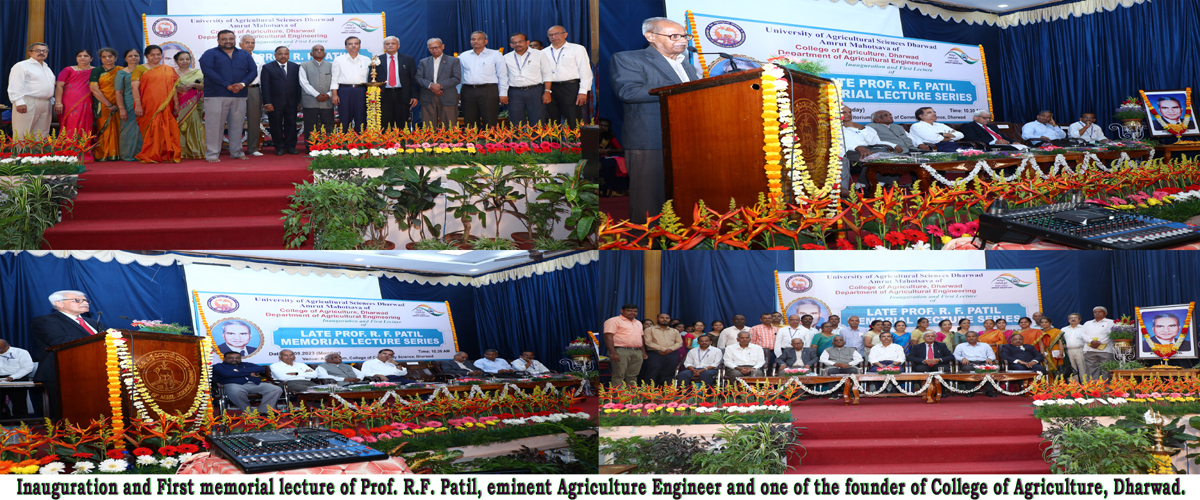
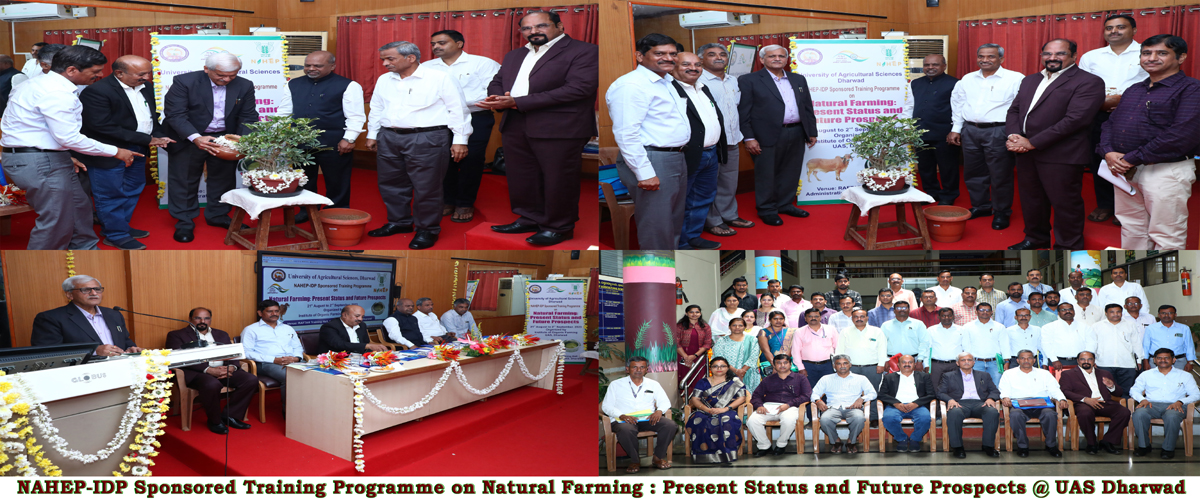
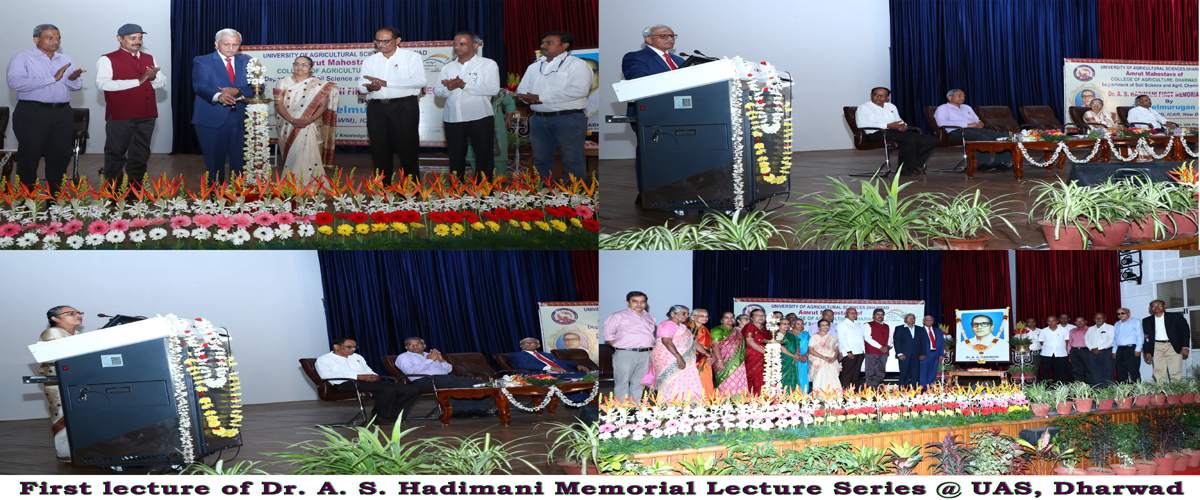
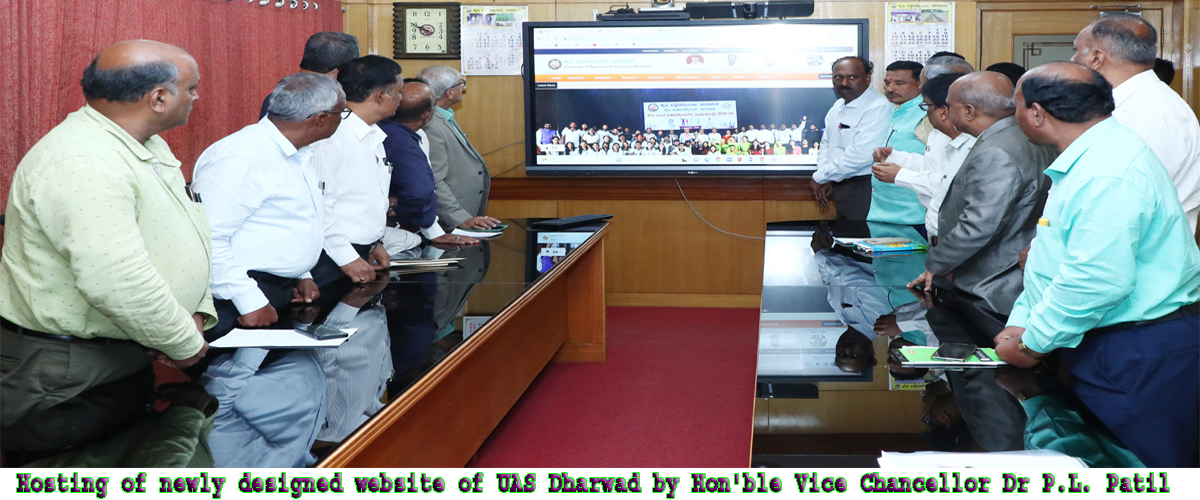
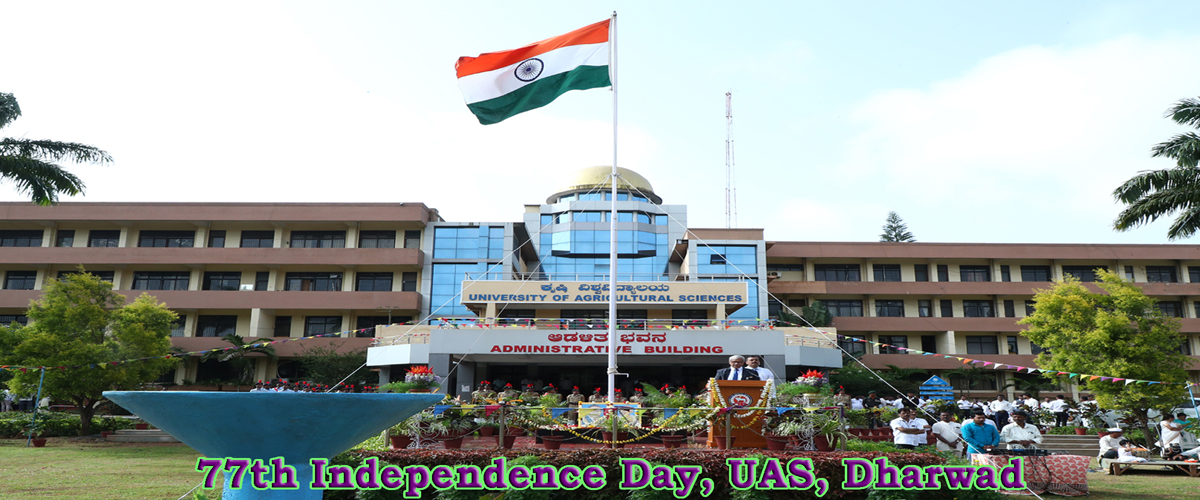
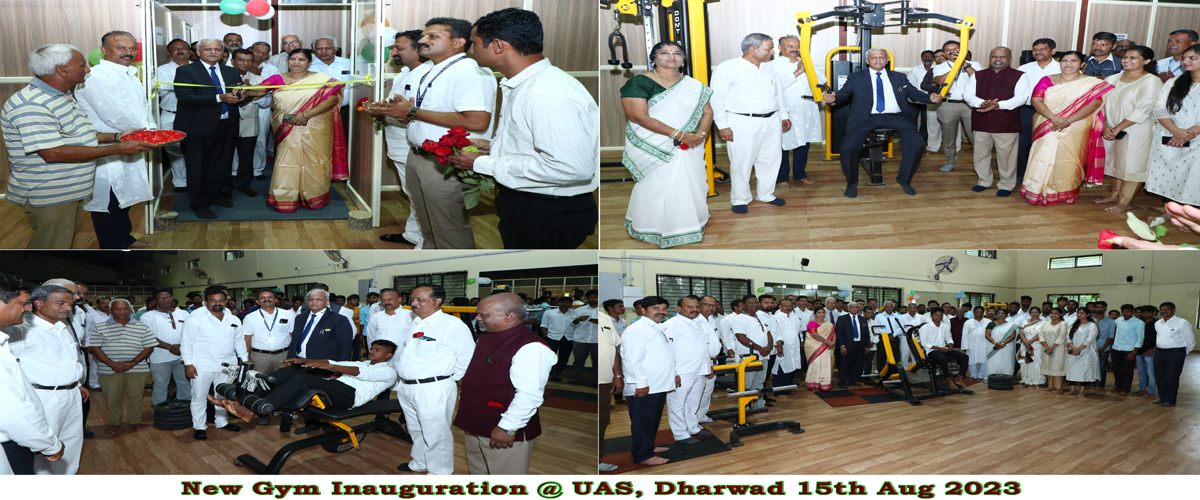
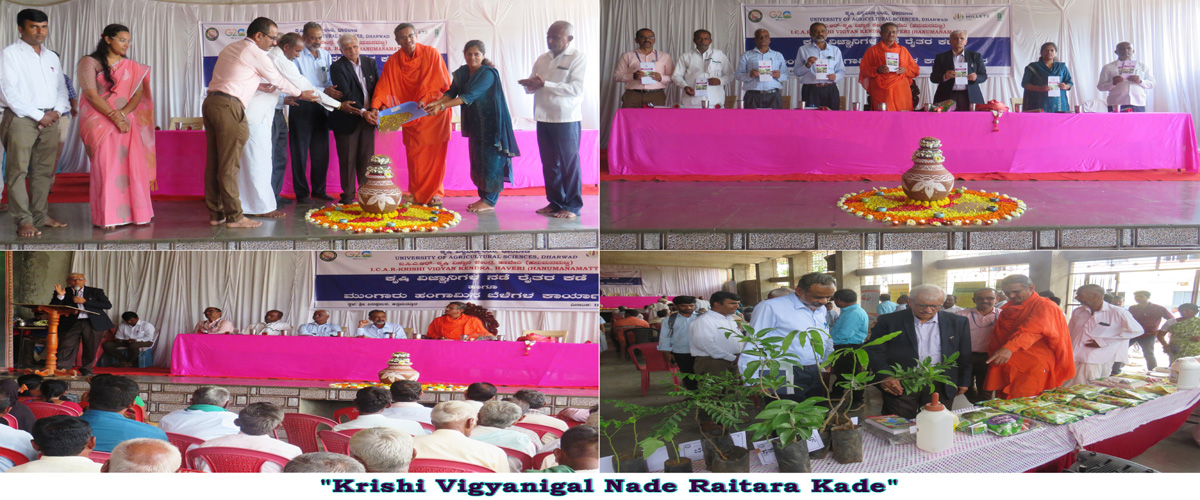
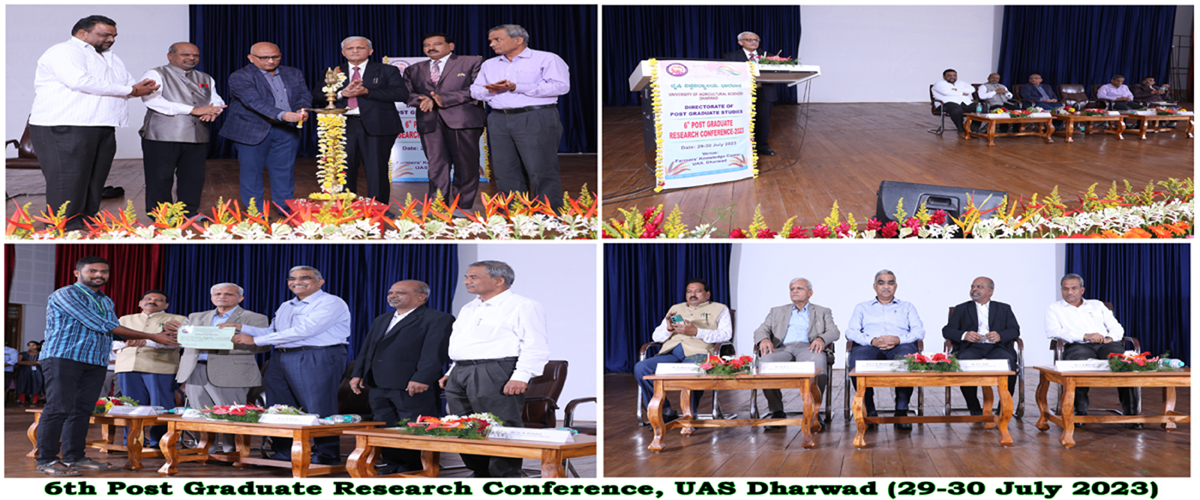
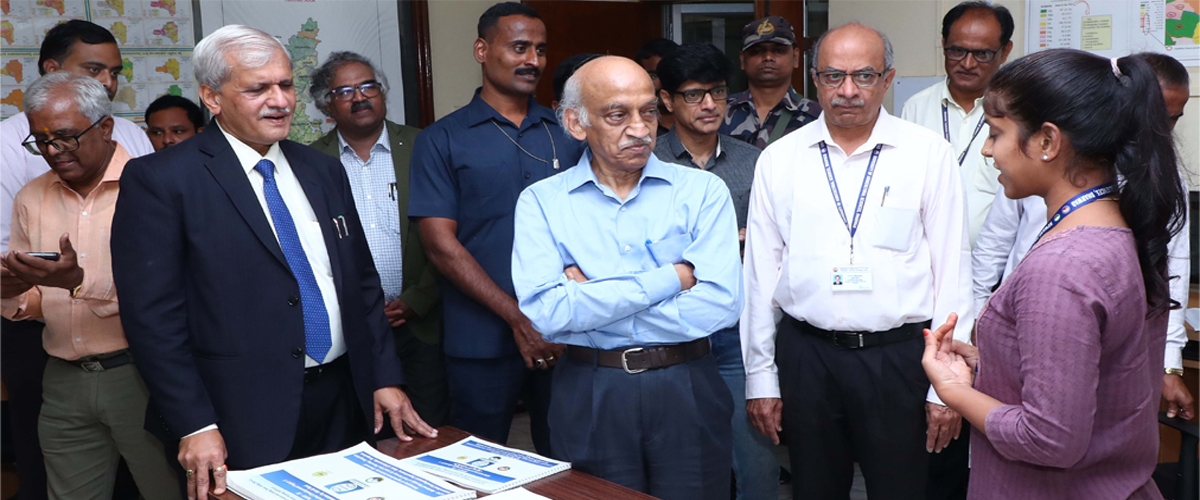
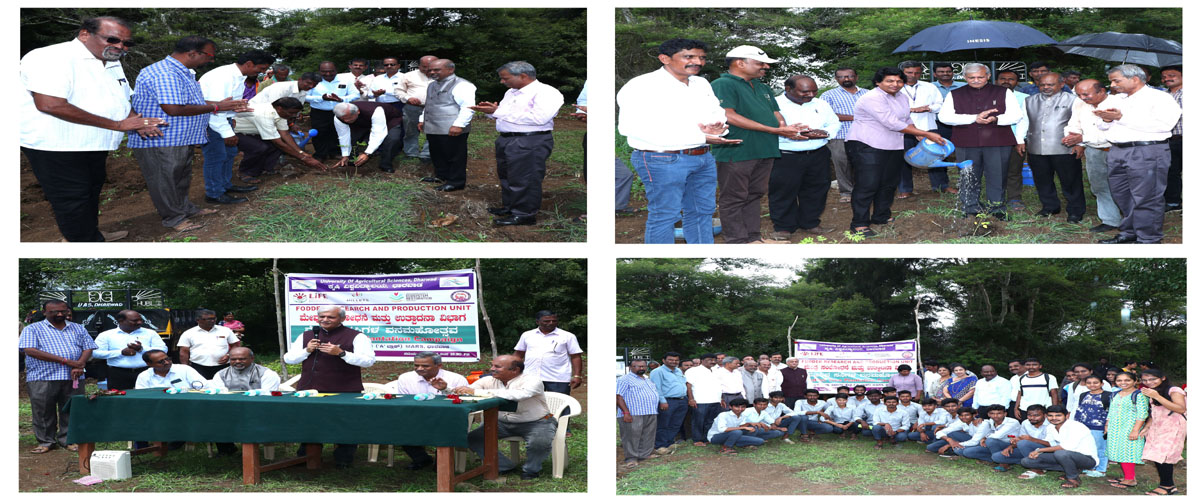
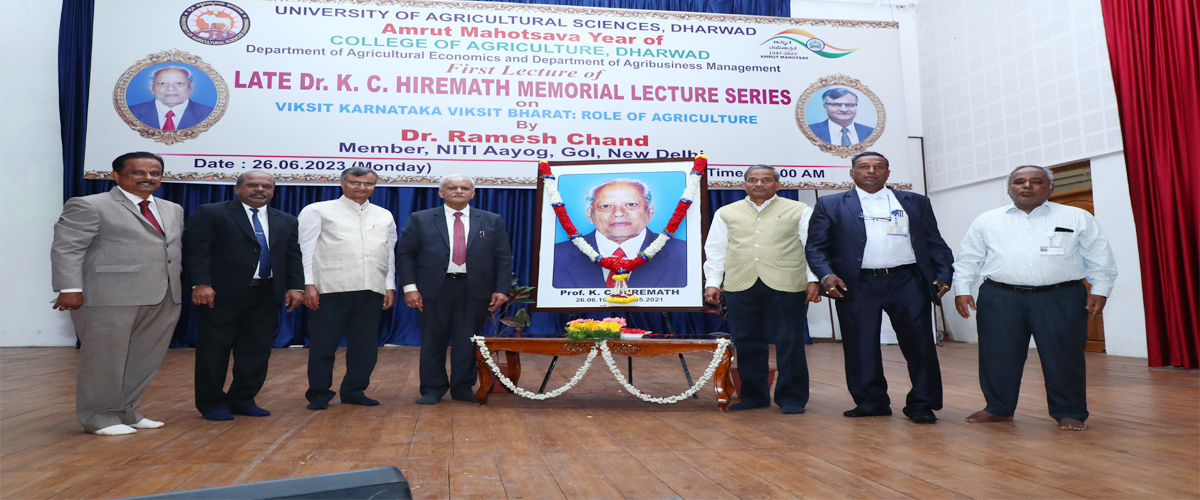
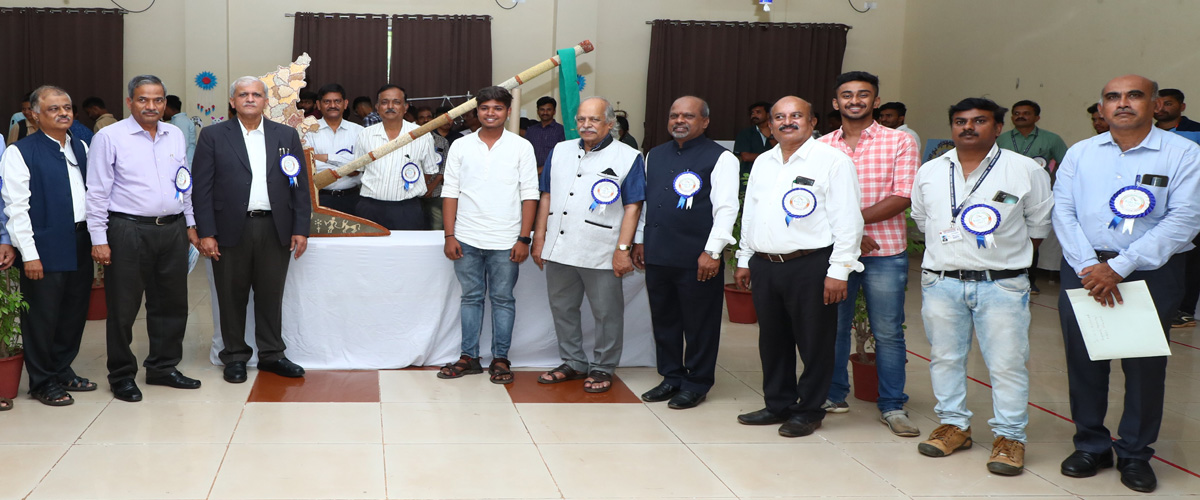
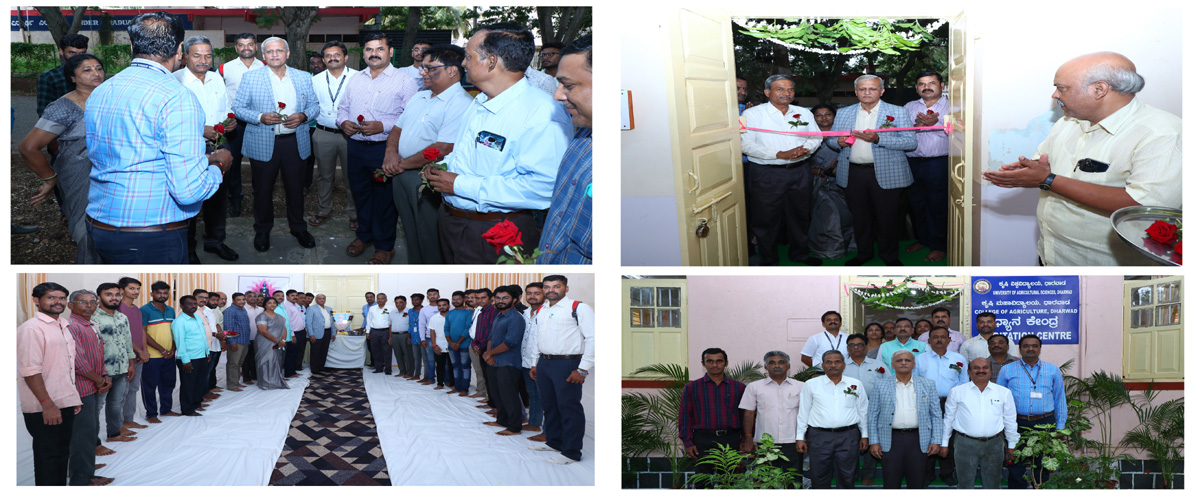
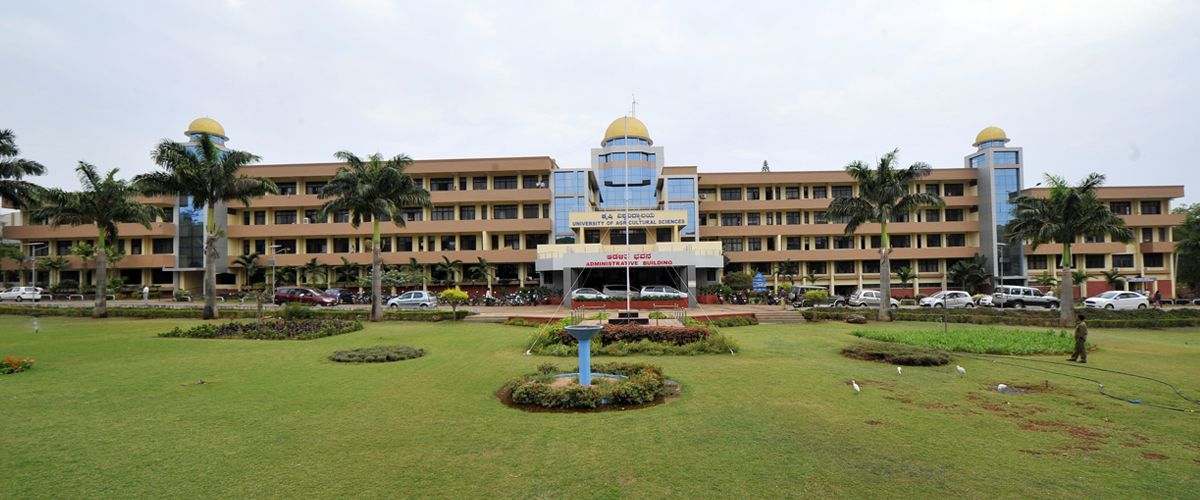
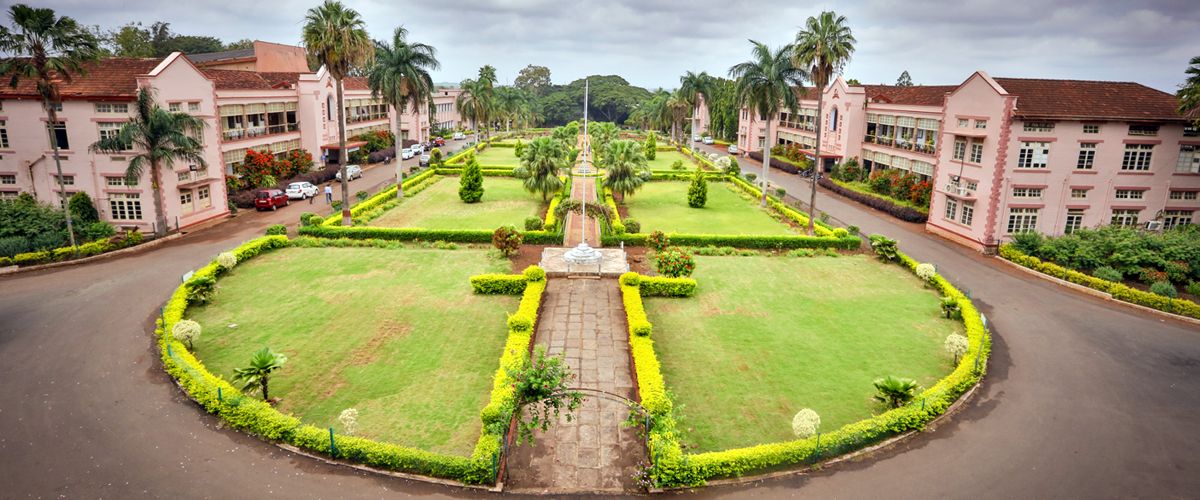
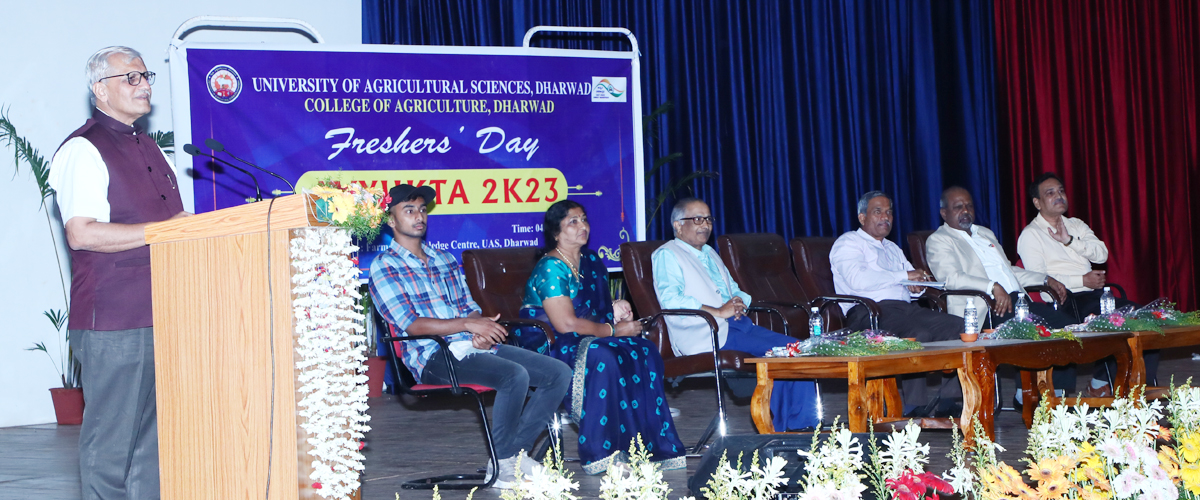



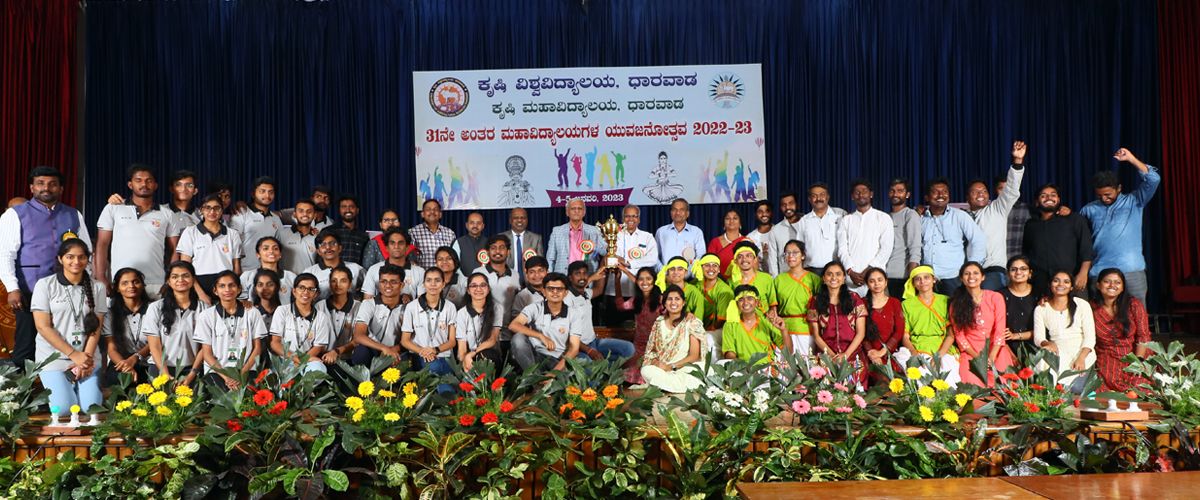

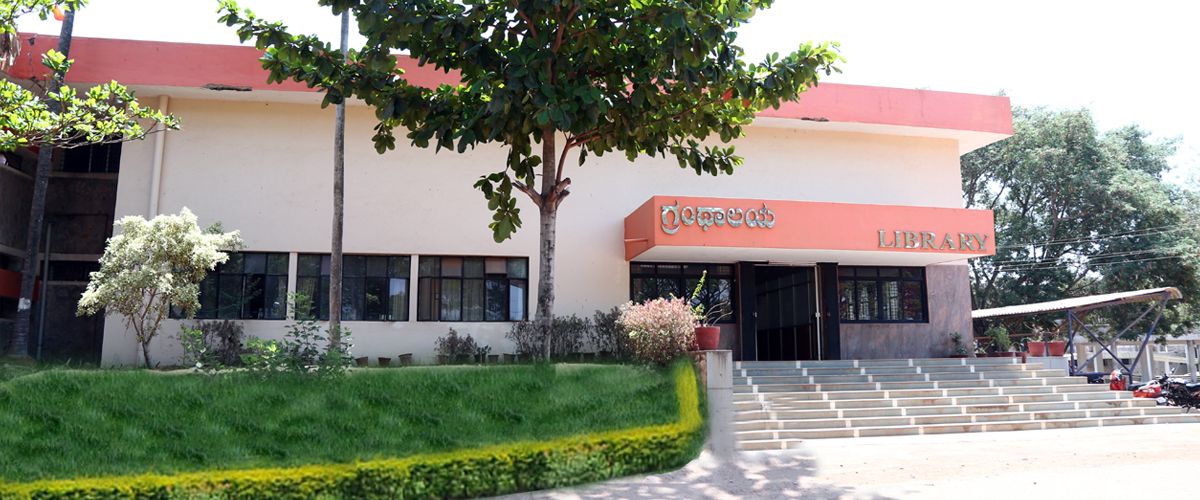
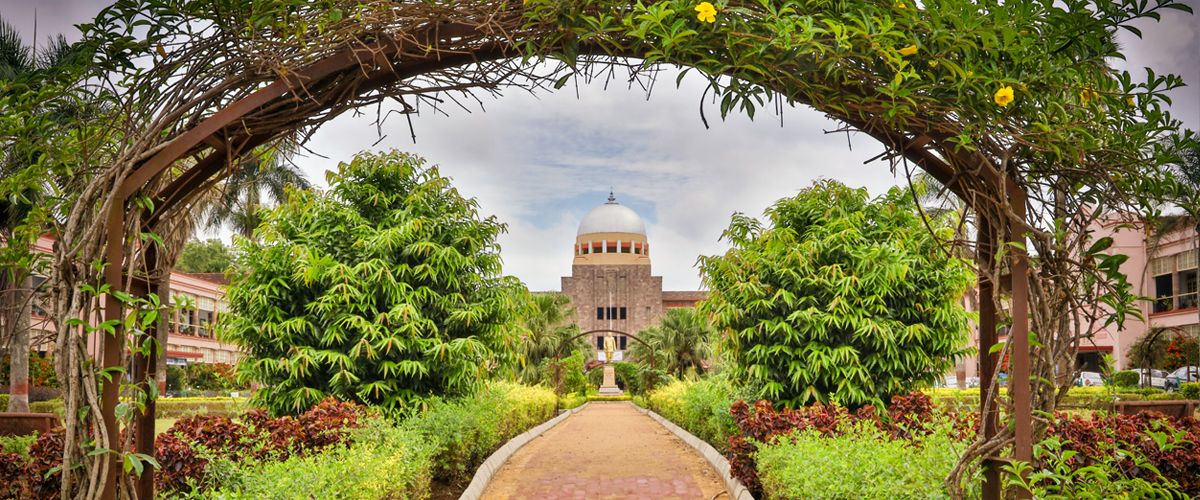
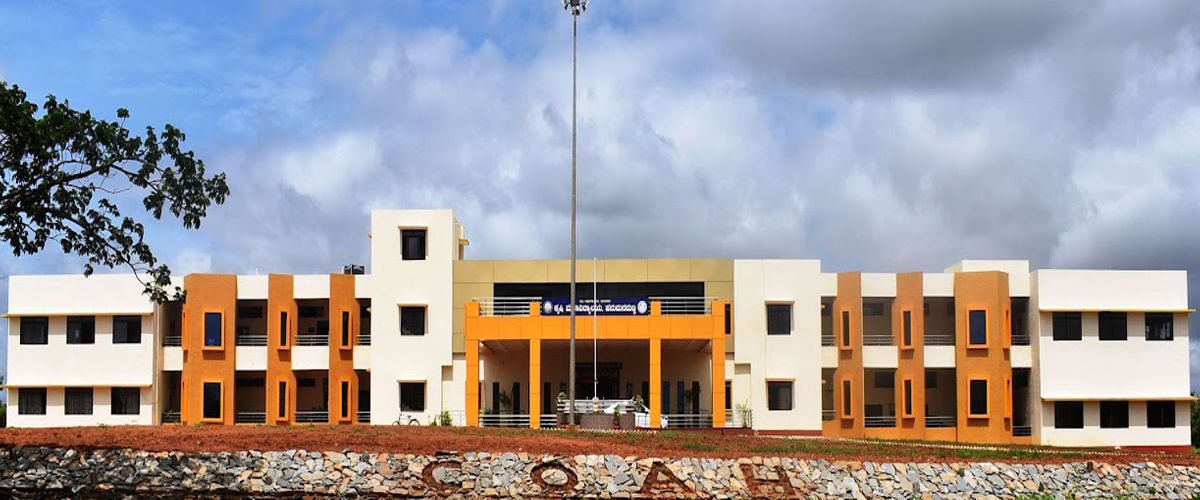
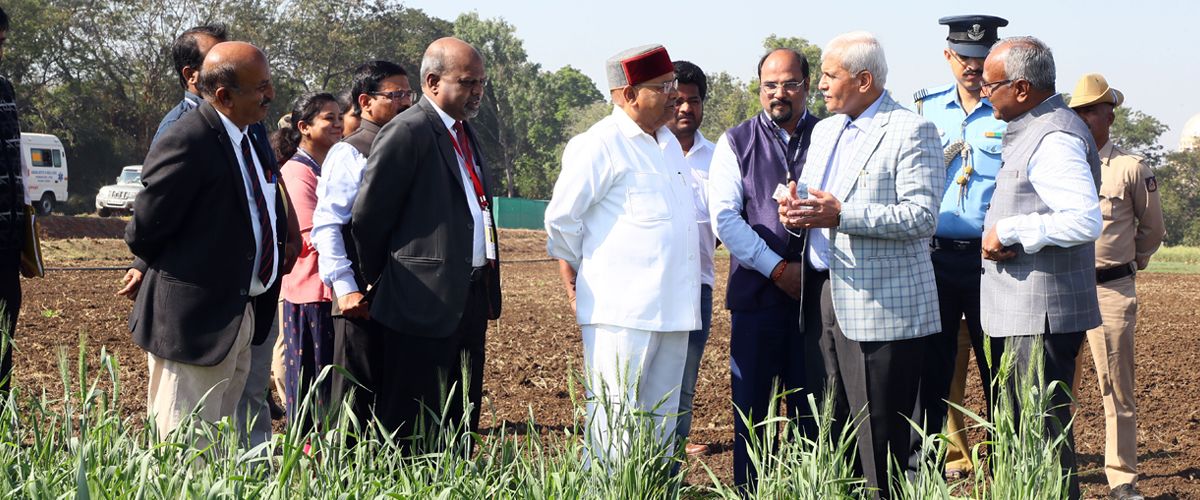




Welcome to UAS Dharwad
The University of Agricultural Sciences Dharwad (UASD) is a prominent agricultural university located in Dharwad, Karnataka State, India.
The University of Agricultural Sciences, Dharwad was established on October 1, 1986.
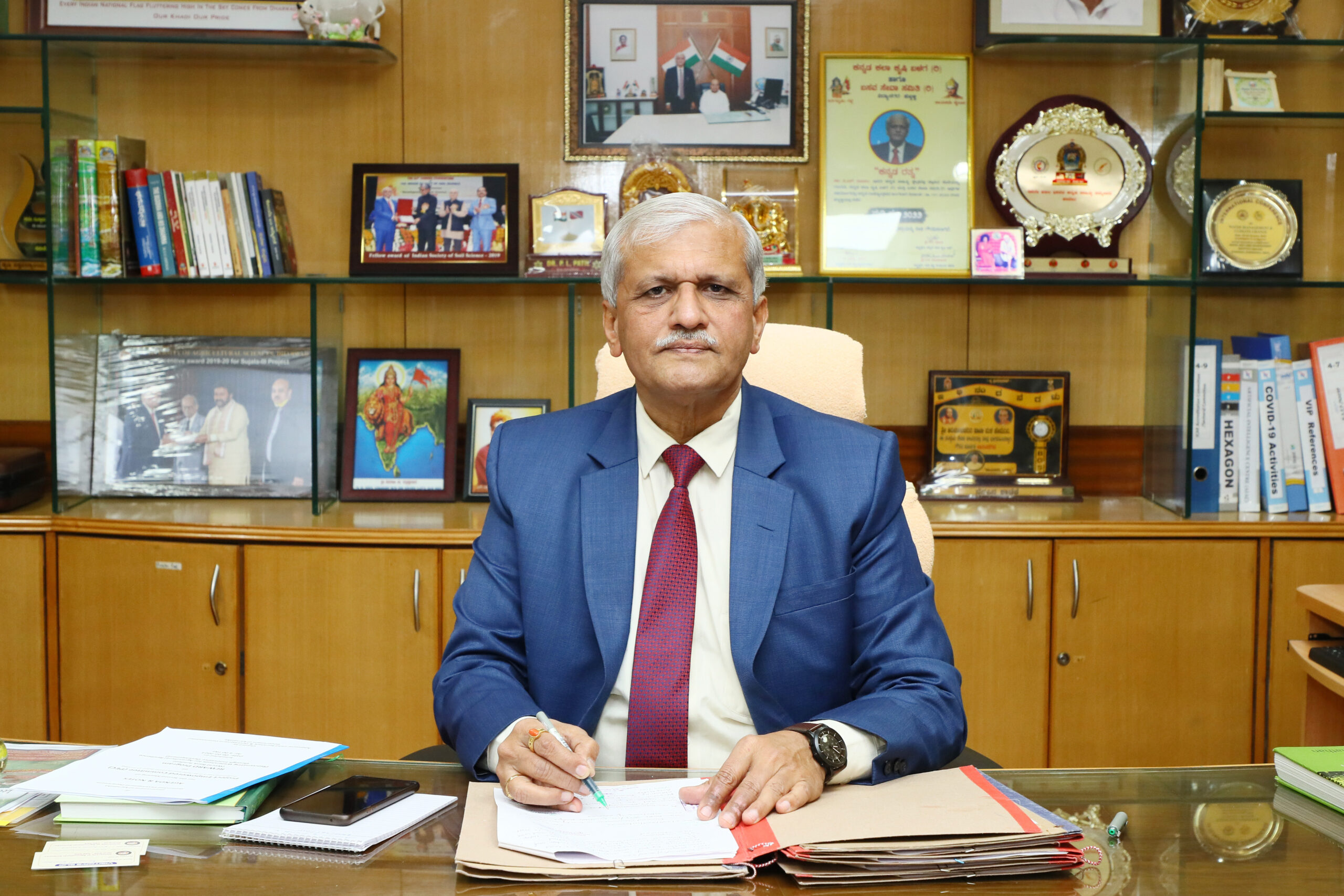
Dr. P. L. Patil
Vice-Chancellor, UAS, Dharwad

Education
UG / PG and Other Course details

Research
Innovative Collaboration Projects
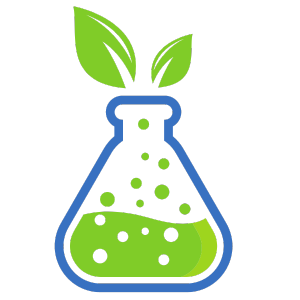
Extension
Extending Reach & Adopting Technology

UASD at Glance
Helping Students to Build Stong Career
About UAS Dharwad
The University of Agricultural Sciences, Dharwad was established on October 1, 1986.
The University has 5 Colleges, 27 Research Stations, 6 Agriculture Extension Education Centers, 6 Krishi Vigyan Kendras and ATIC. The University has its jurisdiction over 7 districts namely Bagalkot, Belgaum, Bijapur, Dharwad, Gadag, Haveri, and Uttar Kannada in northern Karnataka. Greater diversity exists in soil types, climate, topography cropping and farming situations. The jurisdiction includes dry-farming to heavy rainfall and irrigated area. Important crops of the region include sorghum, cotton, rice, pulses, chilli, sugarcane, groundnut, sunflower, wheat, safflower etc. The region is also known for many horticultural crops.
Considerable progress has been registered in the field of education, research and extension from this University.

